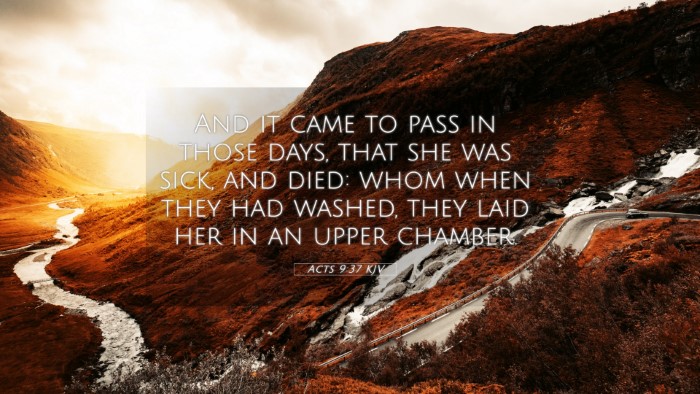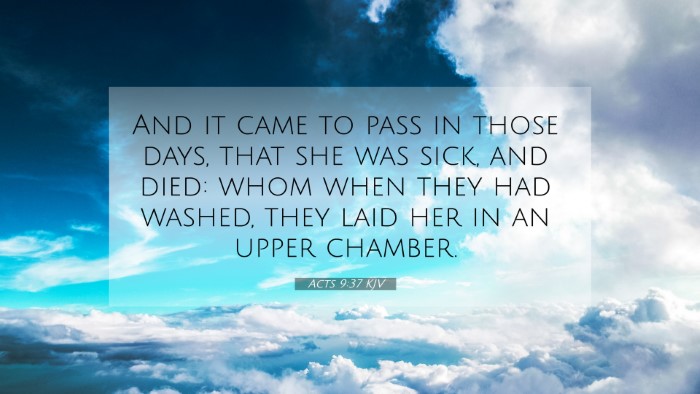Old Testament
Genesis Exodus Leviticus Numbers Deuteronomy Joshua Judges Ruth 1 Samuel 2 Samuel 1 Kings 2 Kings 1 Chronicles 2 Chronicles Ezra Nehemiah Esther Job Psalms Proverbs Ecclesiastes Song of Solomon Isaiah Jeremiah Lamentations Ezekiel Daniel Hosea Joel Amos Obadiah Jonah Micah Nahum Habakkuk Zephaniah Haggai Zechariah MalachiVerse
Acts 9:1 Acts 9:2 Acts 9:3 Acts 9:4 Acts 9:5 Acts 9:6 Acts 9:7 Acts 9:8 Acts 9:9 Acts 9:10 Acts 9:11 Acts 9:12 Acts 9:13 Acts 9:14 Acts 9:15 Acts 9:16 Acts 9:17 Acts 9:18 Acts 9:19 Acts 9:20 Acts 9:21 Acts 9:22 Acts 9:23 Acts 9:24 Acts 9:25 Acts 9:26 Acts 9:27 Acts 9:28 Acts 9:29 Acts 9:30 Acts 9:31 Acts 9:32 Acts 9:33 Acts 9:34 Acts 9:35 Acts 9:36 Acts 9:37 Acts 9:38 Acts 9:39 Acts 9:40 Acts 9:41 Acts 9:42 Acts 9:43







